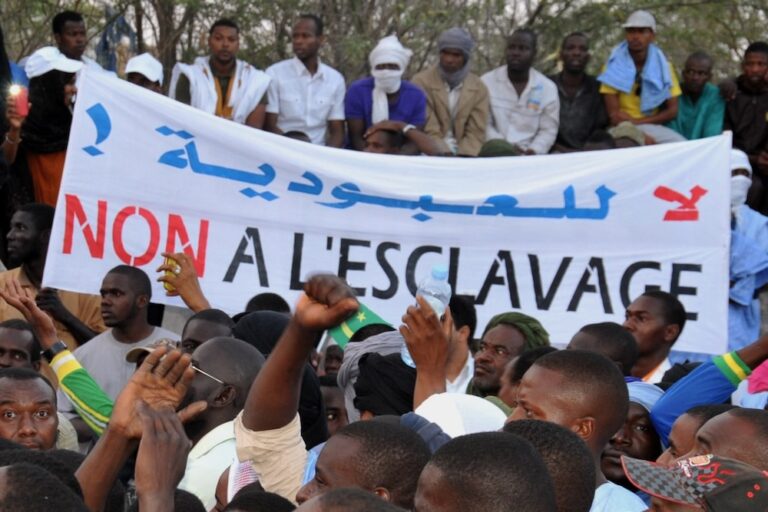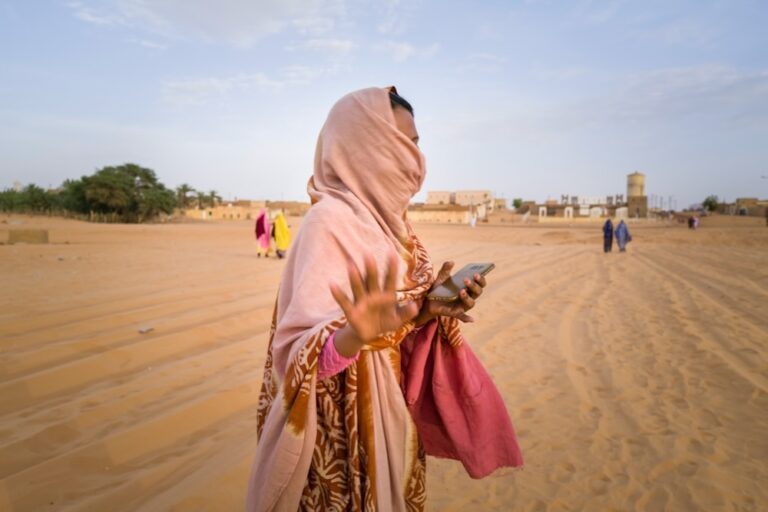Mauritania switches internet back on and releases anti-slavery activist and journalist Ahmed Ould Wedia, Camara Seydi Moussa, the director of publication of "La Nouvelle Expression" newspaper, and opposition politician Samba Thiam.
This statement was originally published on mfwa.org on 18 July 2019.
The Media Foundation for West Africa (MFWA) welcomes the positive developments in Mauritania over the past week which have seen the restoration of the internet and liberation of journalists and political activists arrested after the country’s presidential elections held on June 22, 2019.
On July 15, 2019, Ahmed Ould Wedia, a journalist with the private television station Al-Mourabitoune, was released after 12 days in detention. The journalist, who is also the Vice President of the anti-slavery organisation SOS Esclaves, was arrested by security forces in his home on July 3, as part of a crackdown on dissent following protests against the election results.
Known for his critical remarks about the government of President Mohamed Ould Abdel Aziz, Ould Wedia has had many brushes with the authorities in the past. In 2017 for instance, his highly popular television show was suspended for a month by the media regulator, Haute autorité de la presse et de l’audiovisuel (Hapa), which accused him of “promoting separatism” following his repeated denunciation of slavery in the country.
The MFWA also hails the release from detention of Camara Seydi Moussa, the director of publication of La Nouvelle Expression newspaper, and Samba Thiam, a leading opposition politician. The two who were arrested in separate incidents on June 24, were liberated on July 3.
Plain-clothed police officers raided Camara’s home and carried away a computer and all the mobile phones in the house. The journalist, a strident critic of the government, was taken away and detained in an undisclosed location.
In another progressive move, the government on July 3, 2019 restored internet connection after it was shut down a day after the June 22 presidential elections to stifle dissent over the election results.
In Mauritania, where the print media have been grounded for more than a year, online news websites and social media are an invaluable source of information. The restoration of the internet is therefore a major boost, especially in the crucial period of Mauritania’s first ever handover of power from one democratically elected leader to another.
While hailing the restoration of the internet and the release of the journalists and the political activist, the MFWA urges the authorities in Mauritania to release other dissidents and anti-slavery campaigners including Mohamed Ould M’kheitir, who is languishing in prison for blasphemy despite the Court of Appeal decision ordering his release.
We also urge the incoming President to put freedom of expression and safety of journalists on the front burner of his development agenda.



